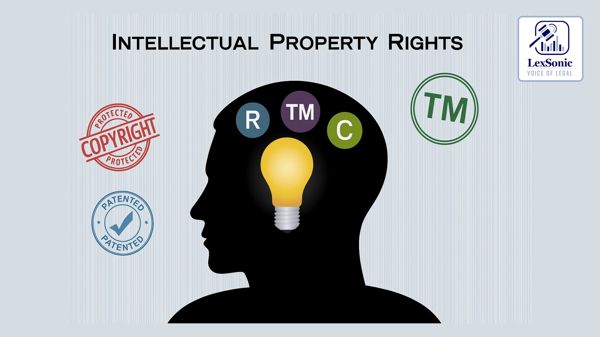Social Media Platforms Ordered to Remove Fake Interview Posts.
A Delhi court has granted a temporary injunction in favor of a major Indian media company and a journalist in a case involving a fake interview article and trademark infringement. The lawsuit alleges that rogue websites published a fabricated story about an interview with a prominent businessman, redirecting users to cryptocurrency platforms.
Facts:
Network18 Media & Investments Limited, TV18 Broadcast Limited, and journalist Anand Narasimhan filed a suit against several parties, including website operators, social media platforms, domain name registrars, and government ministries. The plaintiffs allege that websites (Defendants 1-8) published a fake article claiming to feature an interview with business leader Mukesh Ambani conducted by Mr. Narasimhan on their news channel "CNBC TV18." The article allegedly redirects users to cryptocurrency platforms (Defendants 9 & 10).

The Claims:
The plaintiffs claim the article infringes on their intellectual property rights in several ways:
- Trademark Infringement: The article uses logos and branding deceptively similar to the plaintiffs' TV18 trademarks.
- Copyright Infringement: The article features a screenshot from the real interview with Mr. Ambani, owned by the plaintiffs.
- Personality Rights Violation: The fake article exploits Mr. Narasimhan's image and reputation.
Social media platforms (Defendants 11 & 12) are also named in the suit for allegedly hosting posts containing links to the infringing websites.
Court Order:
The court issued a temporary injunction, essentially a court order to stop certain actions until the case is resolved. The injunction restricts the defendants from:
- Publishing the fake article or similar content.
- Infringing on the plaintiffs' trademarks and copyrights.
- Violating Mr. Narasimhan's personality rights.
The court also ordered the domain name registrars (Defendants 13-18) to:
- Block access to the infringing websites.
- Provide ownership information (KYC details) of the websites to the plaintiffs.
Social media platforms are required to:
- Block or remove the infringing posts.
- Provide details of the users who posted the infringing content to the plaintiffs.
The government ministries (Defendants 27 & 28) are directed to instruct internet service providers to block access to the infringing websites. The plaintiffs can notify the relevant parties if they discover new infringing content. The defendants have the opportunity to respond to the lawsuit within a specified timeframe. The case will then proceed to a court hearing at a later date.
Indian Evidence Act, 1872 Copyright Act, 1957
